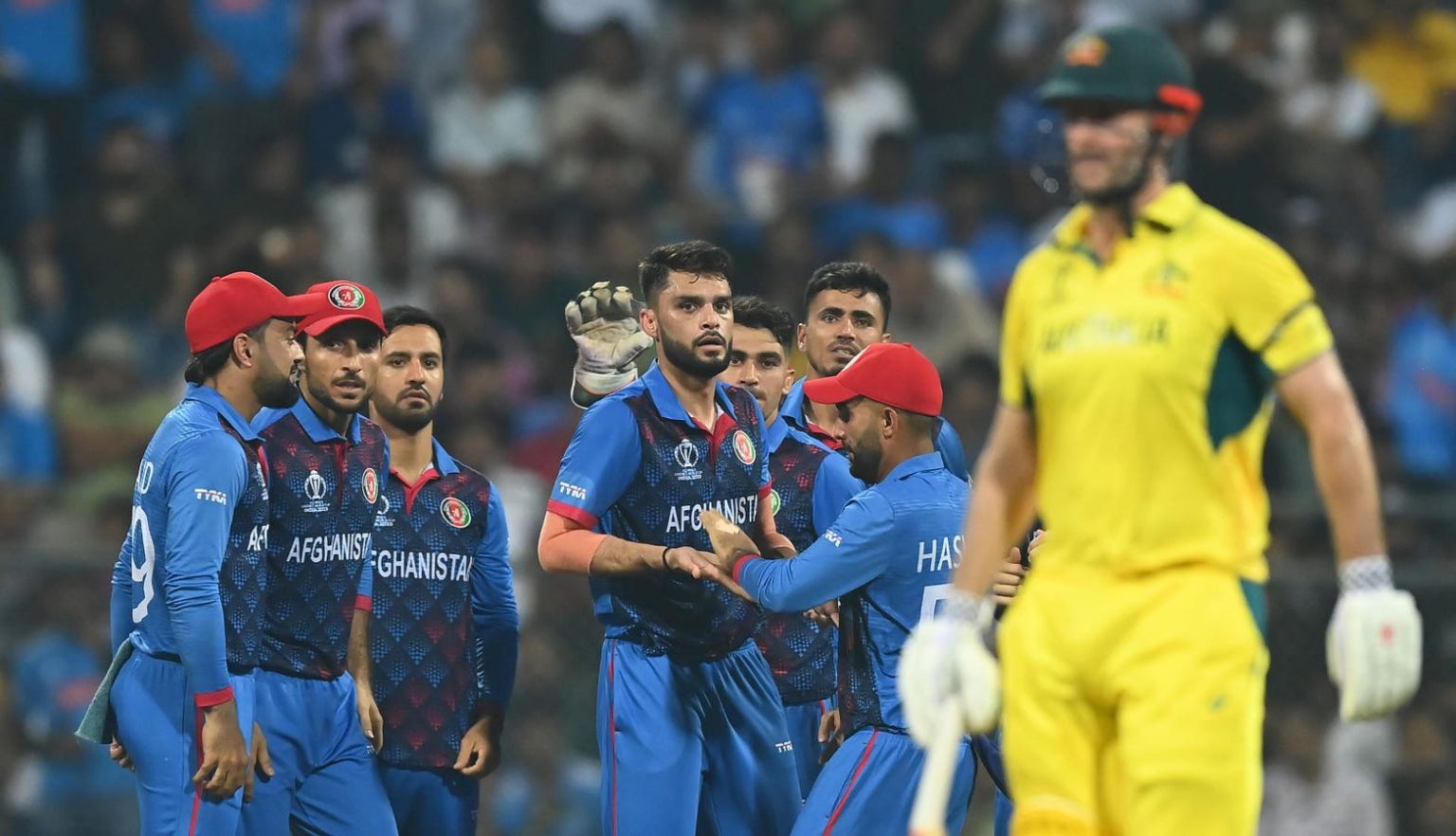The ongoing investigation into the impact of the Taliban’s return to power on women’s cricket in Afghanistan will continue, despite some uncertainty. Cricket Australia has taken a strong stance against playing against Afghanistan in light of the deteriorating conditions for women and girls in the Taliban-ruled country. This decision has received support from the International Cricket Council board, with Australia being the only country publicly opposing playing against Afghanistan. The cancellation of a planned T20 series against Afghanistan has raised concerns about the future of women’s cricket in the country.
The situation in Afghanistan has become increasingly dire for women and girls since the Taliban regained power in 2021. The ban on women participating in sports has led to many members of Afghanistan’s women’s cricket team fleeing the country, seeking refuge in places like Australia. Despite the efforts of an ICC working group, led by Imran Khwaja, the future of women’s cricket in Afghanistan remains uncertain. The debate over Afghanistan’s Full Membership status within the ICC has also been contentious, with Australia advocating for possible sanctions against the country.
Australia’s decision to stand firm against playing against Afghanistan has put them at odds with other cricket-playing nations. While Afghanistan’s Full Membership within the ICC remains secure for now, the ongoing monitoring of the situation shows that there is still concern about the treatment of women and girls in the country. The decision to cancel the T20 series has reignited this issue, leading to the working group’s continued existence despite initial plans to disband it. The Taliban’s stance on women’s rights and the impact on women’s cricket has become a significant point of contention within the cricketing community.
The historical significance of Afghanistan’s cricketing journey, from refugee camps in Pakistan to achieving Full Membership in 2017, adds another layer to this complex issue. Afghanistan’s rise in the cricketing world has been seen as a success story, making the current situation even more heartbreaking for those involved in the sport. While there is reluctance from some administrators to take action against Afghanistan, Australia’s firm stance highlights the ongoing debate within the ICC. The humanitarian concerns, particularly regarding the rights of women and girls, have taken center stage in discussions surrounding Afghanistan’s cricketing future.
The collaboration between Cricket Australia and the Australian government on this issue underscores the importance of human rights considerations in sports diplomacy. The decision to cancel the T20 series against Afghanistan was not taken lightly, as it represents a larger commitment to upholding human rights standards within the cricketing community. The monitoring of the Afghanistan situation will continue, with the possibility of further actions being taken if conditions do not improve for women and girls in the country. The ongoing scrutiny on Afghanistan’s treatment of women’s cricket highlights the complexities and challenges faced by the ICC in addressing human rights issues within the realm of international sports.
In conclusion, the decision to cancel the T20 series against Afghanistan has sparked a renewed focus on the plight of women’s cricket in the country. Australia’s unwavering stance on this issue, supported by the ICC board, reflects a commitment to upholding human rights standards within the sport. While the future of women’s cricket in Afghanistan remains uncertain, the ongoing monitoring and investigation by the ICC working group show a dedication to addressing the challenges faced by Afghan women and girls in the current political climate. The discussion surrounding Afghanistan’s Full Membership status within the ICC, in light of the Taliban’s return to power, highlights the complexities and moral dilemmas at play in international sports diplomacy.


